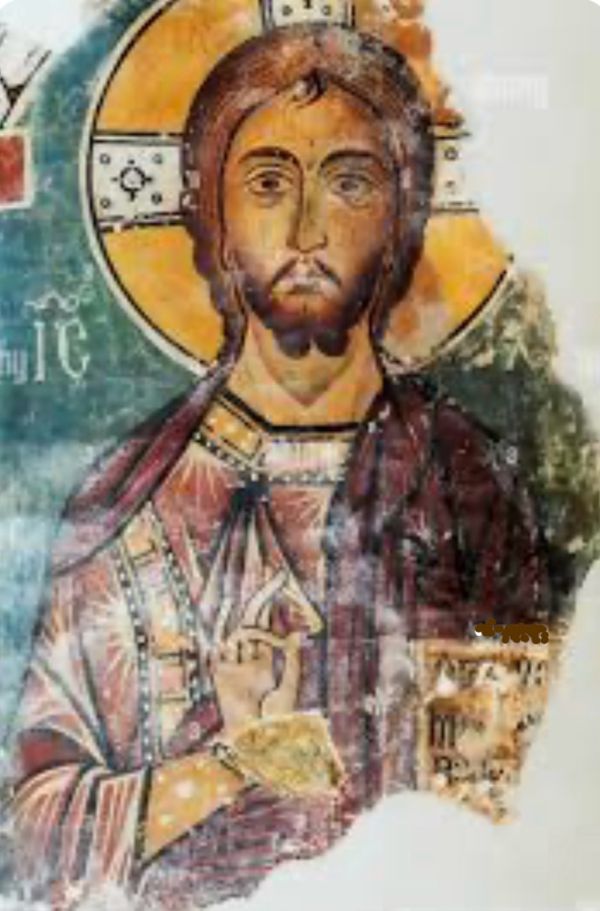«A very short time»: we are not in the waiting room
(Jn 16:16-20)
The human communion of the first disciples with the Master was suggestive, not exhaustive. It must now be renewed.
This takes place in the Jesus’ passage from the world to the Father. Thus in the journey and dialogue outside all circles, to which the apostles themselves are called.
The earthly separation from the Lord was dramatic. But today too we are driven to live and grow in the 'outgoing Church'.
A shift that forces the faithful in Christ to move from community sisters and brothers to an all-encompassing relationship with the human family.
The immediate perception would become unbreakable: Jesus must go and leave us alone so that we can enter the Mystery, in search.
So that it is the Risen One and the totally Other to emerge in this detachment, in the mist and night of the reiterated Exodus, all real and all new.
For us too, certainty becomes a problem; stability knows shocks.
We are not protégés - as in pagan religion, where the gods descended into our difficulties and sided with friends.
There is a severance from representations of God, even from our common way of thinking of the Risen One.
He becomes an echo of the soul - leading. And he becomes 'body', that is, Church; as well as “call” to the shattering of idols, to outgoing witness.
The evangelizing activity of the genuine apostles goes hand in hand with the Lord, and reflects His events, teaching, and type of confrontations.
In this way, the Living One becomes present and active in us, seamlessly.
Jn reflects a question-and-answer catechesis addressed to those who could not understand the meaning of the Master's death and asked for explanations.
Well: «a very short time» or «within a short time» are expressions that reaffirm and mark the continuity between the experience of physical closeness to Jesus and the ‘vision’ of the Risen One.
Transfigured and Lord in-us, He is the same Master that we recognize in His earthly life, including the less happy aspects. E.g. of rejection, denunciation, reproach.
Just like one who does not know how to be in the world.
These are priceless moments: times of rediscovery of cosmic and divine nearness, obviously purified of illusions of glory or social conformity.
Despite hostile environment, the inner situation of the disciple does not change: it is one of ‘permanent unity’ and is not interrupted, indeed it becomes more incisive and goal-directed.
Faith is penetrating Relationship: even today, no longer linked to feeling, ritual experience, or the signs of an established civitas christiana - but to the sharpness and incisiveness of personal adhesion.
Does He sometimes seem to vanish? Immediately after a doubt arises, everything is turned upside down.
Frankness in the harsh confrontation with established power or conformist ideas makes Him suddenly Present.
Alive and pungent, but astonishing.
It's true: when everything smacks of sadness and trial, in an instant the situation is reversed.
It is the moment of profound Happiness: of the ‘vision’ of the [invisible] Friend manifesting Himself in his Wisdom and concrete strength.
Incarnation that continues in the critical witnesses and in the assemblies that are configured as the luminous Awakening of the Lord.
They face the same Passion of love and do not shy away from problems: they make them flourish as God's vital Newness.
[Thursday 6.a wk. in Easter, May 29, 2025]












